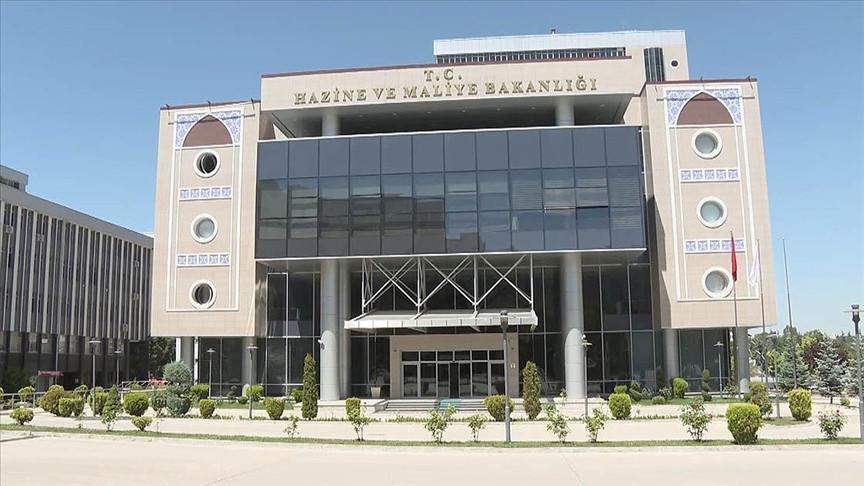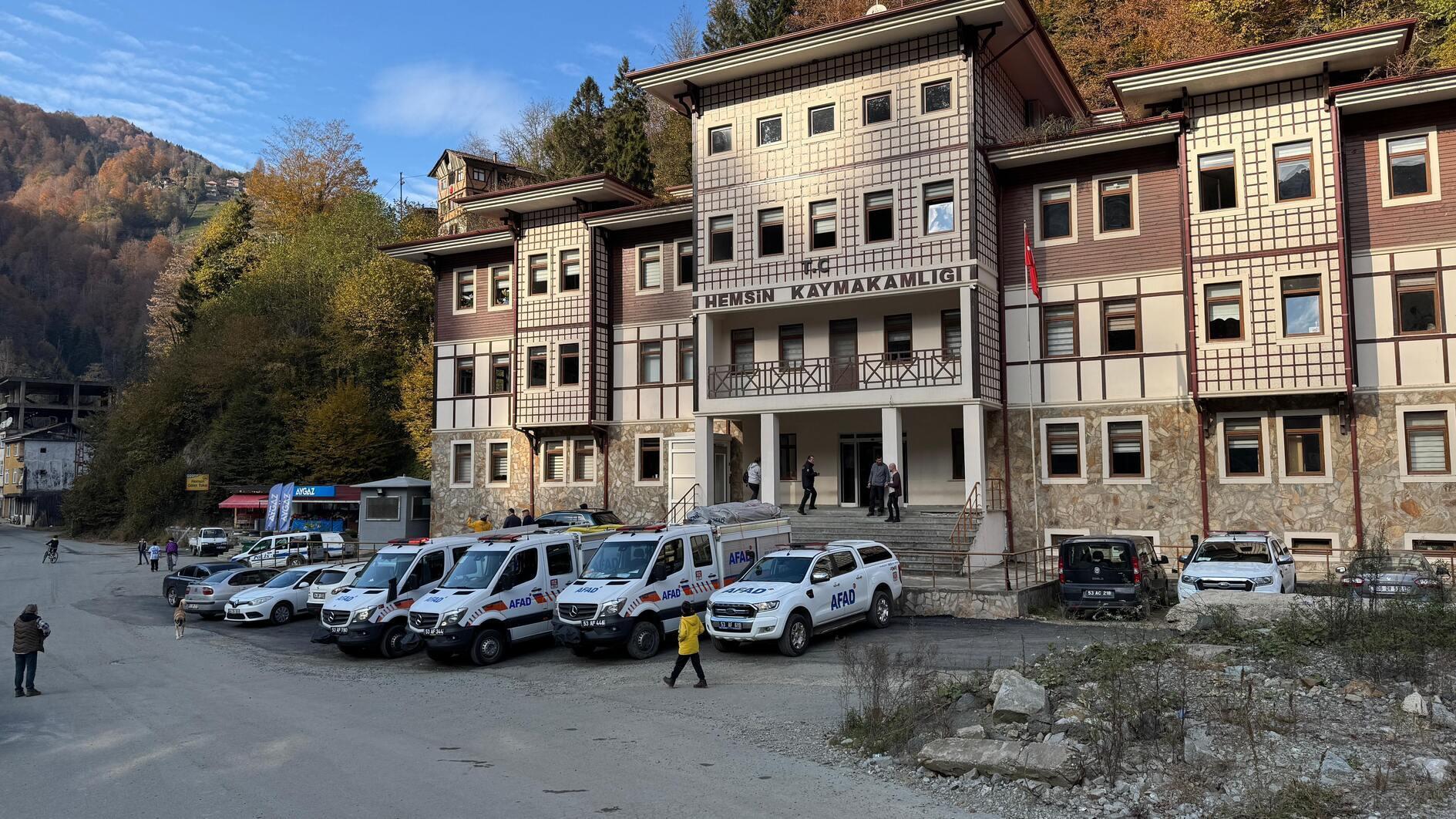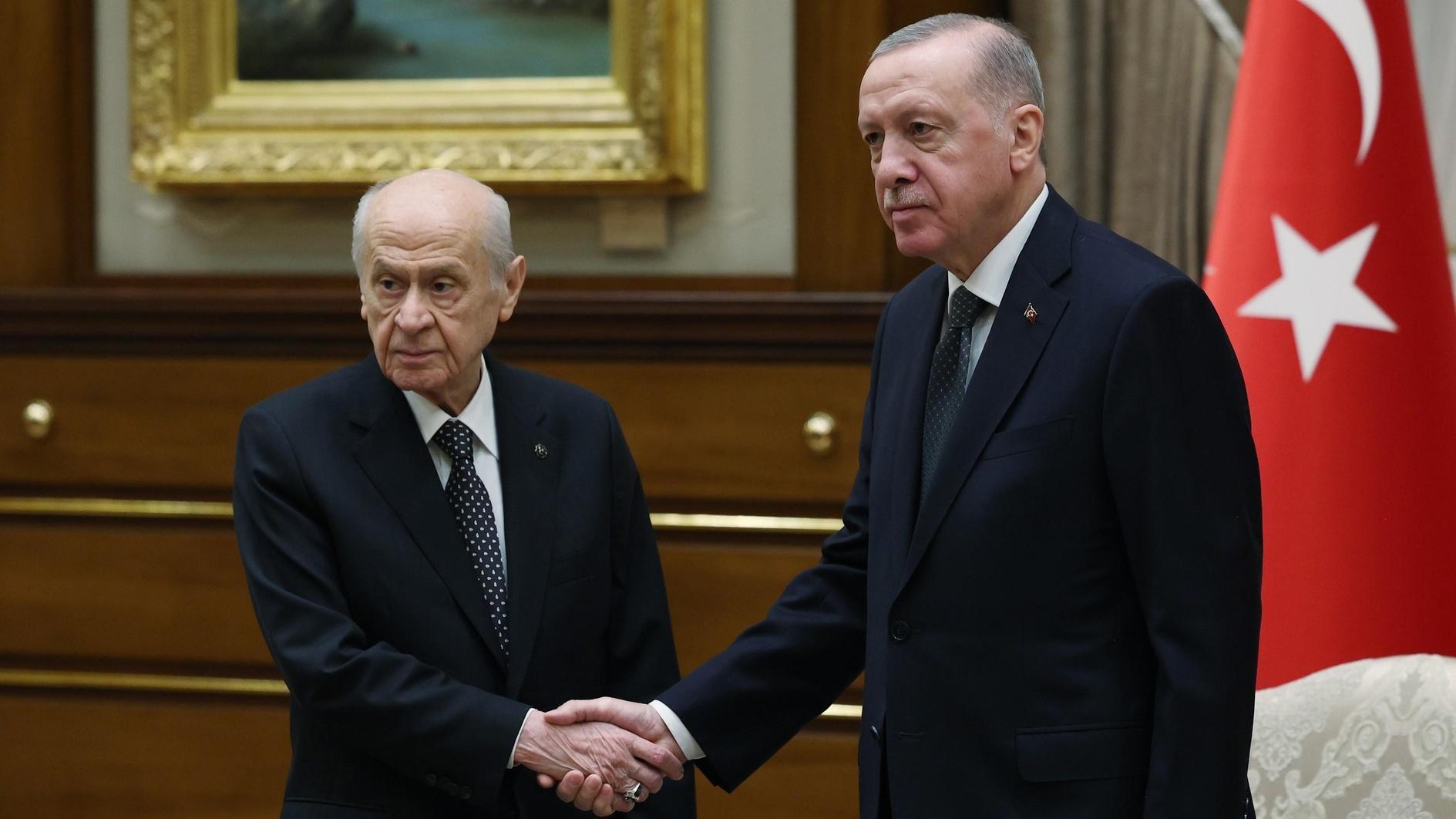Uzbekistan raises alarm over social network 'bomb'
TASHKENT - Agence France-Presse

AP Photo
Uzbekistan's state television has denounced social networks like Facebook and Russian equivalents as dangerous weapons, saying they are being used to brainwash Uzbek youth.A TV documentary aired late Tuesday on Uzbekistan's second main channel Youth TV raised alarm that the "social networks have now become the weapon" of its enemies, comparing them to machine guns and nuclear bombs.
Uzbekistan is Central Asia's most populous country, where 90 percent of almost 30 million inhabitants are Muslim.
The secular government, wary of both religious extremist ideology and "excesses of Western democracy", has in recent years shown increasing impatience with cultural imports from abroad.
"It is not a secret now that social networks have been the weapon of outside forces in all the colour revolutions which happened in recent years," the documentary said, referring to the uprisings in the former Soviet Union and Arab World.
"The Internet is now a weapon of the future, leaving machine guns and nuclear bombs in history," the narrator warned, adding that more and more young Uzbeks were becoming victims of the harmful information.
Over 130,000 people in Uzbekistan use Facebook, while users of its Russian-language rival Odnoklassniki have already exceeded two million, the documentary said in a worried tone, showing erotic images posted on Facebook and Odnokalssniki accounts.
"What's the difference between a terrorist and a page or blog owner on a social network who posts nude images?" an expert with the pro-government Republican Spirituality and Enlightenment centre asked in the programme.
"If terrorists kill people using guns and bombs, these Internet users will eventually kill you using 'sweet words'. There is an immediate danger from this kind of mass culture to our state policy and our sovereignty," he said. The documentary urged young people to use homegrown social networks such as muloqot.uz (similar to Facebook) and sinfdosh.uz (similar to Odnoklassniki).
However, it admitted that Uzbek social networks lacked attractiveness, interactivity, news and information.
The first Uzbek language social networking site muloqot.uz (Dialogue), registered last year but was criticised by Internet users for denying access to anonymous users. It has now around 22,000 members.
Uzbek authorities worry that Facebook and Odnoklsanniki are hubs for the activities of Uzbek opposition and human rights groups.
"These could be our relatives, keen Facebook users... which means the danger is not far from each of us," another expert warned.
"Today the pernicious actions such as violence and terror, sexual immorality and paedophilia are poisoning our youth's minds through these social networks," he said.
















